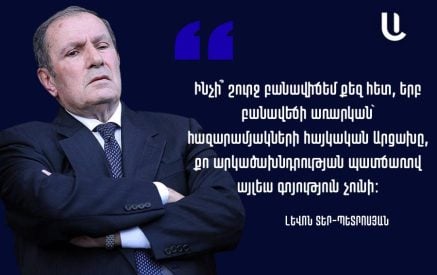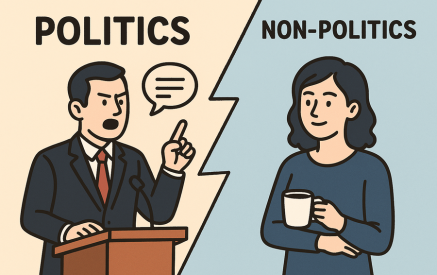In all countries, public officials and individual figures have controversies, which are driven by both objective and subjective, also personal reasons. Let us recall at least the most beloved book of our childhood, where the king’s musketeers and Cardinal Richelieu’s guardsmen are fighting. To the point, in the real history, the Cardinal’s position seemed to be more “pro-state”, but the Dumas, fascinated by the 19th-century Romantic influences, presented the event differently.
In the 90s, there were such “machinations” among the top authorities of the independent Armenia. The presidential security adviser Ashot Manucharyan was in apparent controversies with Minister of Interior Affairs, Vano Siradeghyan, which after Manucharyan’s resignation had turned into an outright hostility. The same Minister had problems with Head of SDNS (the so-called NSS), David Shahnazaryan. The relationships between the Prime Minister Hrant Bagratyan’s team and the “security forces” (same Vano and Vazgen Sargsyan) were again severely strained. And so on. Now, let us not analyze one by one about who was right, who is wrong and who was to blame for something. I am simply recalling the facts.
It is also obvious that the outcome of the fights implemented “under the carpet” is determined by the extent of the influence of this or that figure. A strong Prime Minister Robert Kocharyan, who had controversies with PANM party, was able to carry out a palace coup and become president. A weak Prime Minister Tigran Sargsyan fell under the attacks of “RPA-PAP” joint oligarchy and the opposition accompanying thereof. (Again, I have a reservation: this does not mean that the prime minister’s activities in his post were successful).
I have already mentioned that the controversies might also be objective drive by the functions of state agencies. In some cases, the “conflict of interests” may even be useful in the sense of controlling each other, complementing, providing information to the first face of the country from two different sources. In Armenia, they usually obstruct. By the example of the same Tigran Sargsyan, when RPA deputies were saying “off-screen,” “We are interested in Tiko (meaning, their party member, prime minister) to fail,” it hardly would contribute to the development of economy in the country.
Read also
When Armenia’s Investigation Committee was establishing, and the former Prosecutor General, Aghvan Hovsepyan, was appointed the head of the Committee, who had great influence and connections, it was clear that this entity would have controversies with the prosecutor’s office. Now, it has become evident that the prosecutors and the investigators in Gyumri, Syunik and other regions of Armenia, so to speak, “throw bricks” at each other. As to what extent helps or prevents the fight against crime, it will be clear in the near future.
Aram ABRAHAMYAN























































